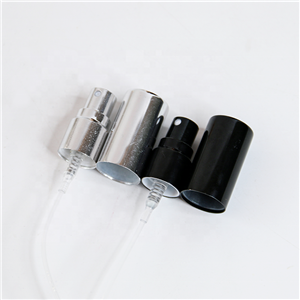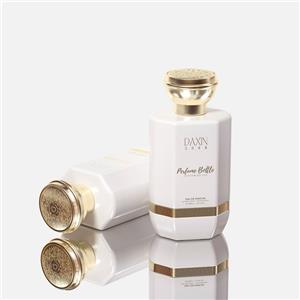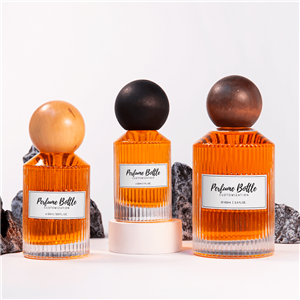The Biggest Issue in China's Perfume Market: Not a Lack of Products, but a Need for "Context Reconstruction"
The Biggest Issue in China's Perfume Market: Not a Lack of Products, but a Need for "Context Reconstruction"
Have you noticed how Chinese perfume brands are leaning more and more into "Oriental" aesthetics? Yet, the core idea of perfume as a lifestyle choice hasn't truly taken root in China. It's like everything's arrived—except the fundamental question: "Why should we even wear perfume?"
I believe we need our own scent culture, but honestly, it feels like we're approaching it backward. The real problem with Chinese perfume brands isn't whether the ingredients are local, the names evoke national heritage, or the scents draw from ancient Song Dynasty poetry. The issue is deeper: we haven't built a "usage context" for perfume.
In other words, we haven't learned how to integrate perfume into daily life; we don't habitually use scents to express our moods; and we lack a recognizable, relatable "scent personality language." So, even if the fragrance feels familiar, the act of using it remains alien. Even if the product is homegrown, the context is still missing.
Product Localization ≠ Cultural Understanding
Nearly every Chinese perfume brand focuses on "design-level" localization:
Using Eastern botanicals: Osmanthus, gardenia, bitter orange, ligusticum.
Cultural Fusion: Tang Dynasty elegance, Song Dynasty charm, elements of qin (zither), qi (chess), shu (calligraphy), hua (painting), tea, wine, poetry, and Zen.
Packaging: Oriental minimalism or artistic, poetic designs.
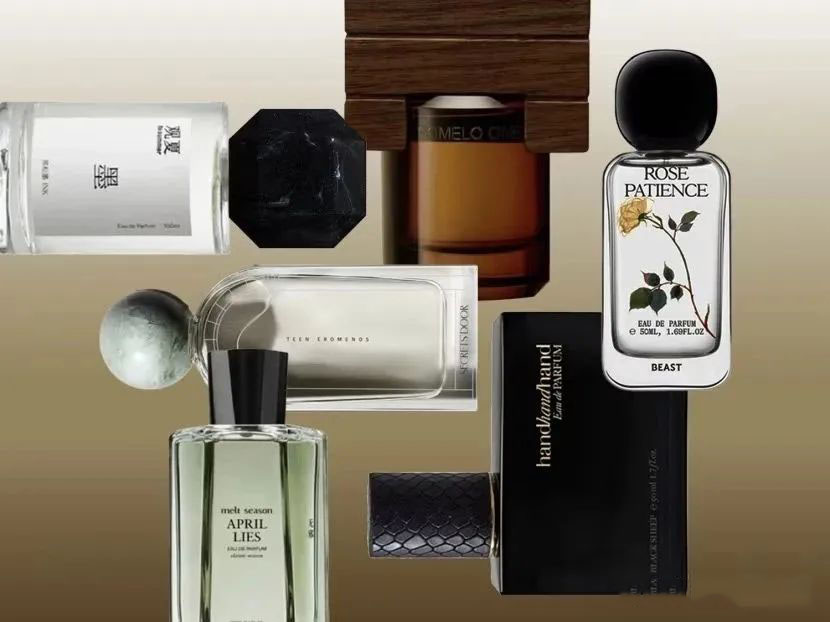
These make the products "look" Chinese, but here's the catch—consumers don't suddenly know when to spritz it, how to use it to convey a state of mind, or what role perfume plays in their lives just because of these symbols.
Culture isn't about decorative patterns; it's the grammar of behavior. Chinese consumers aren't short on curiosity about scents—they're missing a shared consensus on "how scents exist in daily life." Scent expression isn't visual; it's experiential.
What We're Really Missing: A "Behavioral Grammar"
We often say "China has no perfume culture," but more accurately, we lack a "grammar of scent behavior." Borrowing from linguistics, just as language needs grammar to form sentences, behaviors like dressing, makeup, or wearing perfume need a socially accepted "usage logic." When you wear perfume, you should know: when it's appropriate, what it signifies, and how others perceive it.
In France: Perfume is part of everyday body language, as natural as getting dressed.
In Japan: It's a private scent marker; people prefer unscented or subtle products to avoid intruding on others.
In China: Perfume carries uncertainty—wearing it feels flashy, skipping it leaves something lacking.
Without this behavioral grammar, it always feels awkward and unsteady. Many people don't dislike perfume; they just don't know how to "use it reasonably"—no scent personalities to reference, no logic for fragrance types, no real-life usage examples. You spritz it on, but who do you become?
The Path Forward for China's Perfume Market: Reconstruct Context, Not Add Culture
Without behavioral grammar, perfume relies on "cultural packaging" for meaning. That's why we see brands making exteriors more Oriental while the core story remains untranslatable—like translating only the title of an English article and leaving the body in English. It doesn't flow.
Instead of piling on more culture, we need to answer two key questions:
What role should perfume play in everyday Chinese life?
Can we create a "scent usage context" that's uniquely ours?
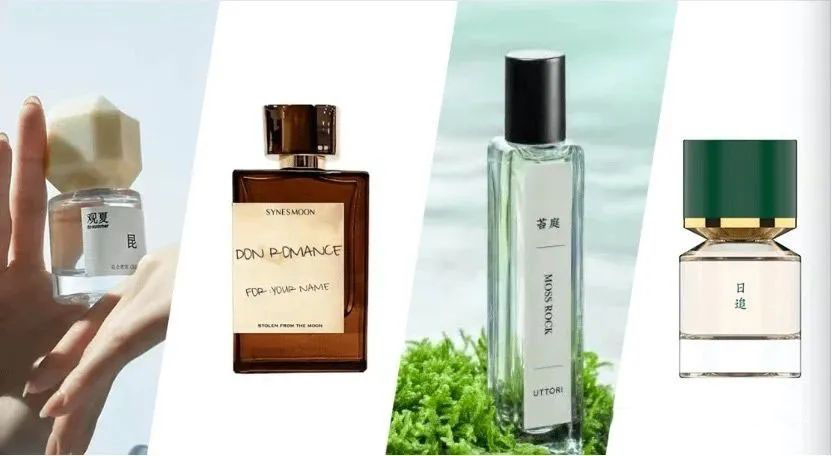
My answer: Absolutely, but we must transform perfume from an optional luxury into a tool for a scented lifestyle. It shouldn't be about showing off, pleasing others, or signaling refinement. Instead, make it these three things:
An Emotion Tuner (Not an Identity Label)
In China, perfume's biggest opportunity is as a "micro-emotion management tool":
Calming during tension.
Comforting in emptiness.
Resetting for a new day.
It's not about others asking, "What are you wearing today?" but helping you reclaim yourself amid chaos. Encourage "I need this scent today" over "How refined I smell."
A Scene Trigger (Not a Noble Symbol)
Perfume has struggled to fit into Chinese life because it feels detached from the everyday. Reframe it for real scenarios:
A spritz on the collar before a meeting for alertness without offense.
In the car before driving off, as a departure ritual.
After a nap, for a wake-up ceremony.
Post-breakup, to seal memories.
Break it down into life details, using straightforward language—no vague terms like "aura," "seductive," or "French romance."
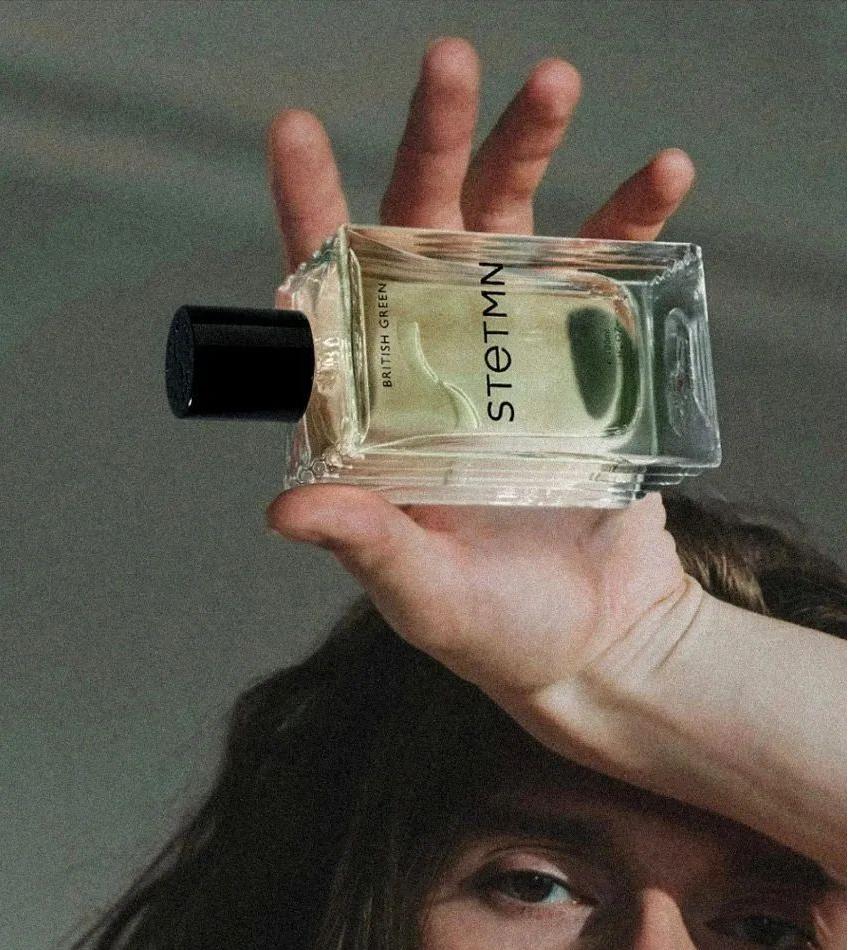
A Personality Expressor (Not a Gender Weapon)
Western markets tie fragrances to gender (men's/women's), but that binary feels unnecessary or awkward in China. We need light personality expression without gender labels:
"A scent even introverts can wear comfortably."
"Clean and subtle, like a shy person's good morning."
"Distant yet present, leaving a trace without intrusion."
It doesn't make you "more attractive"—it simply says, "This is who I am today."
Core Insight:
We don't need to slap more "Chinese labels" on perfume. Instead, reinvent a "Chinese context for perfume usage." Consumers need to know in what situations, moods, and personas wearing this scent makes sense, is understood, and isn't embarrassing. That's how perfume shifts from occasional curiosity to steady habit.
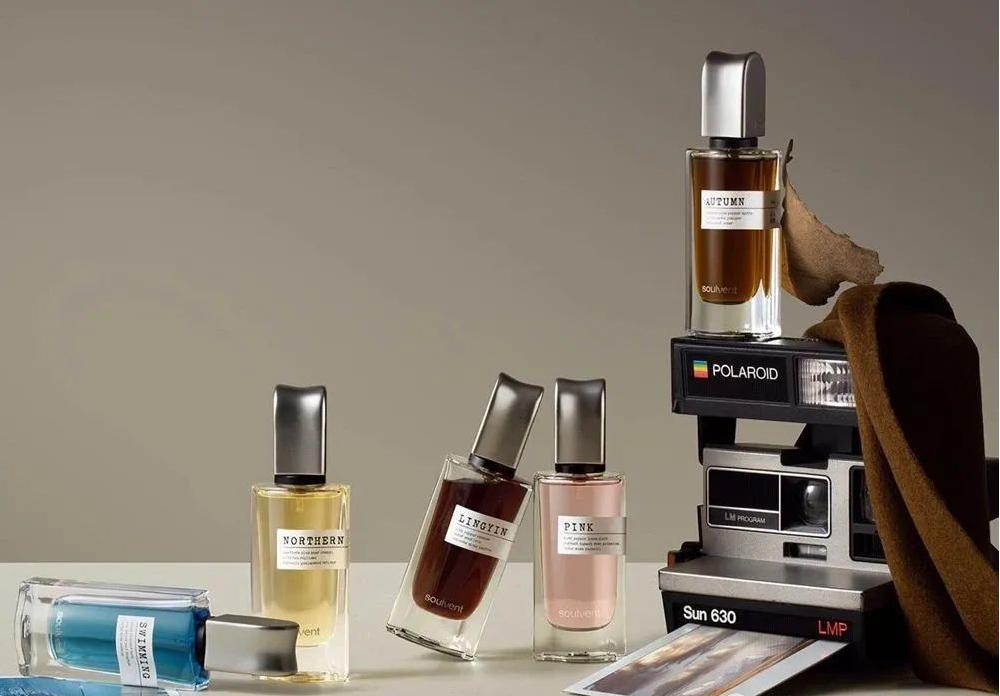
Perfume's Future: Inventing Context Over Cultural Piling
Many brands treat "culture" as a cure-all: Add landscape art, Eastern ingredients, a Tang poem quote, and voilà—it's "local." But culture isn't material stacking; it's lived resonance. Without a usage context (creating new ways to use and understand it, sparking real-life impulses), even the most localized product is just theoretical.
What's truly scarce in China's perfume market isn't great scents, but:
An "everyday feel" where wearing perfume isn't awkward.
A mindset of "I'm wearing this for me, not others."
A subjective "I need it today" validation.
These can't be solved with "national style design." Start with context invention: Redesign how perfume fits into Chinese lives and expression rules.
Brands should design answers to:
What kind of person, in what setting, why this scent?
What happens after? Who do they become? What do they feel?
Does their language align with the scent's presence?
We don't need more "Chinese-like scents." We need scents that "work in China." Context trumps fragrance notes. Resonance beats culture. Usability is key to survival.
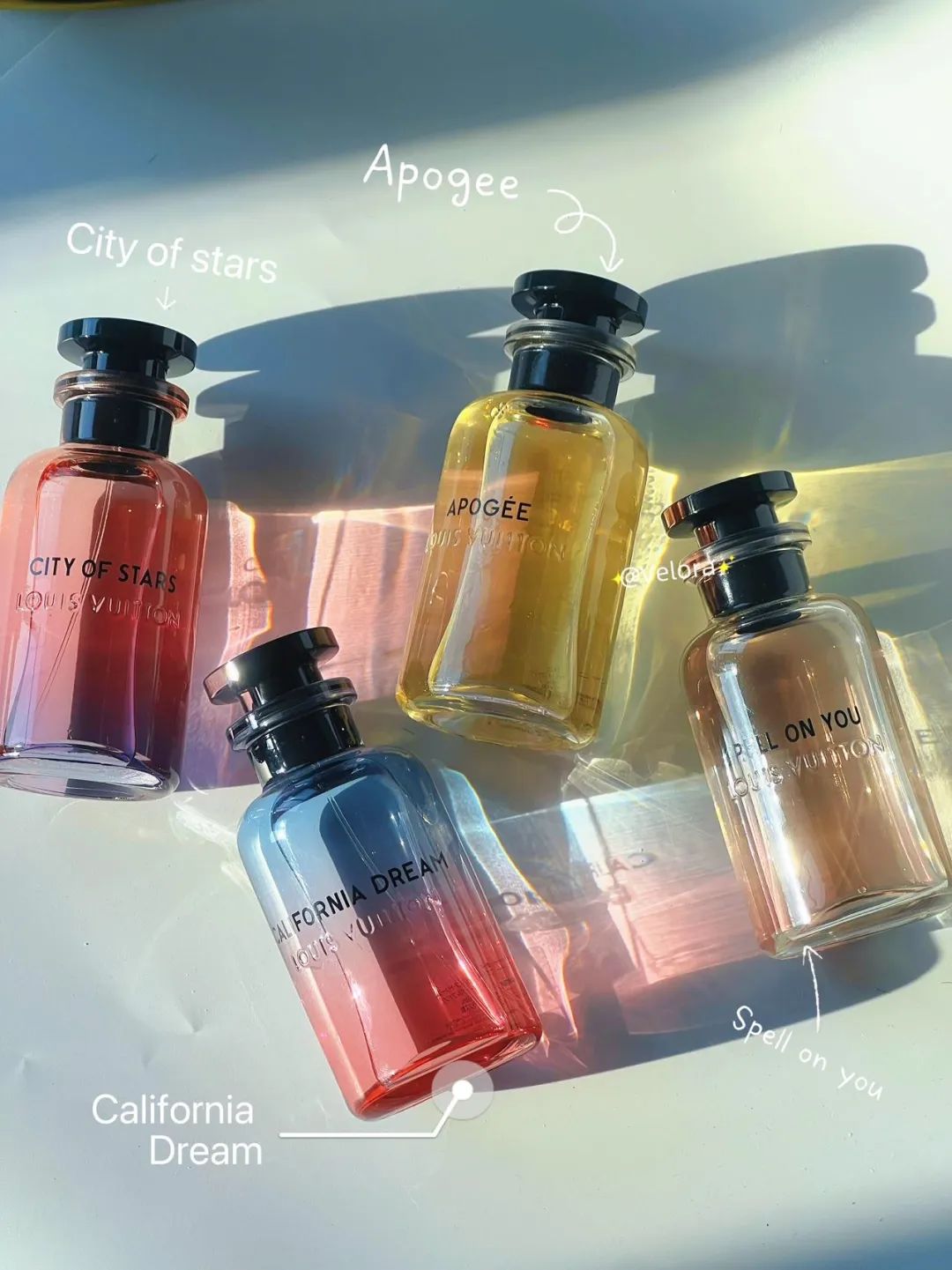
If You're a Brand Owner or Retailer, Here's What to See
Stop asking, "Should we make it more Chinese?" Ask instead: "Can we give perfume a natural, non-awkward place in Chinese life?" Scent's future is co-built through language, not cultural accumulation.
Perfume's tomorrow isn't pricier formulations or more ingredients—it's a scent context that's smooth, expressible, and empathetic for Chinese users. With resonance comes the future!
As a seasoned professional in the glass bottle industry with over two decades specializing in premium packaging for fragrances, I've seen how bottle design can amplify or hinder a perfume's story. But as this post highlights, even the most elegant glass vessel can't compensate for missing cultural context—it's the usage that makes the bottle meaningful.

